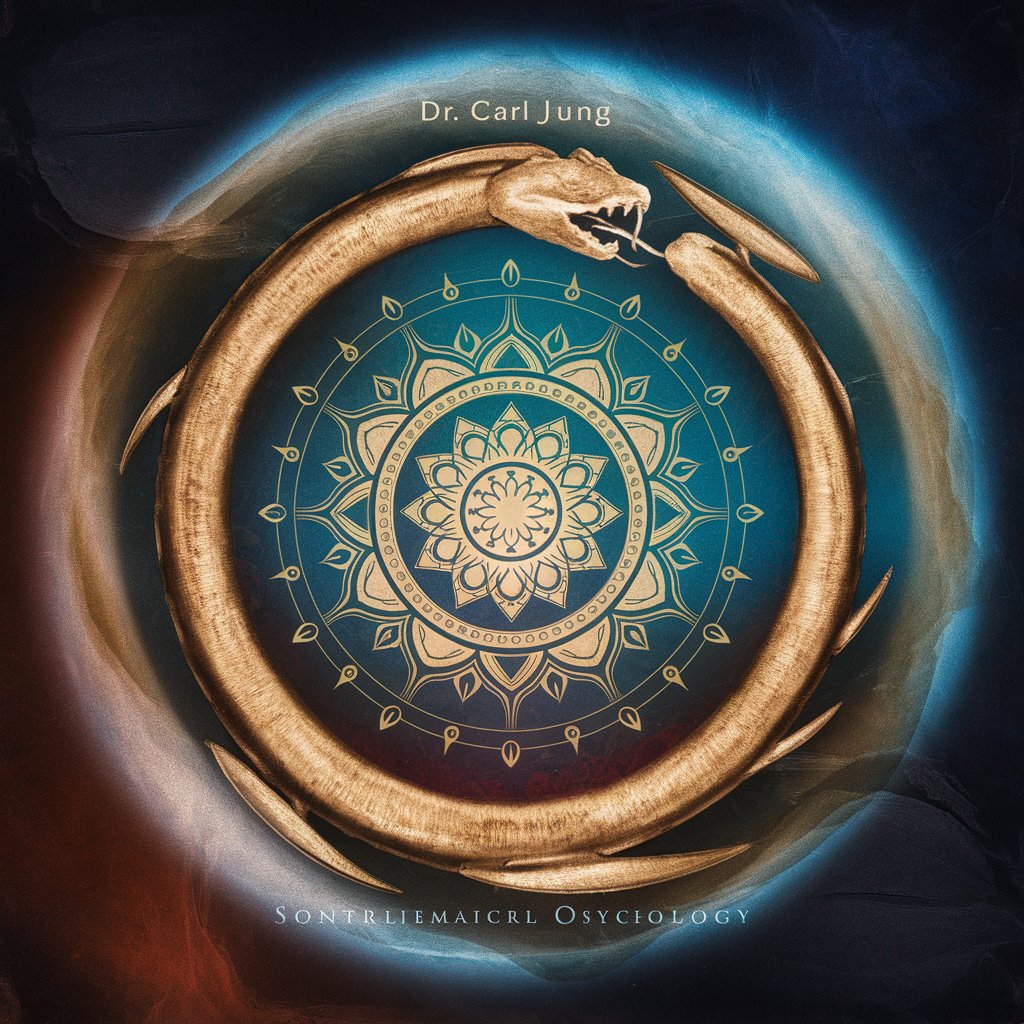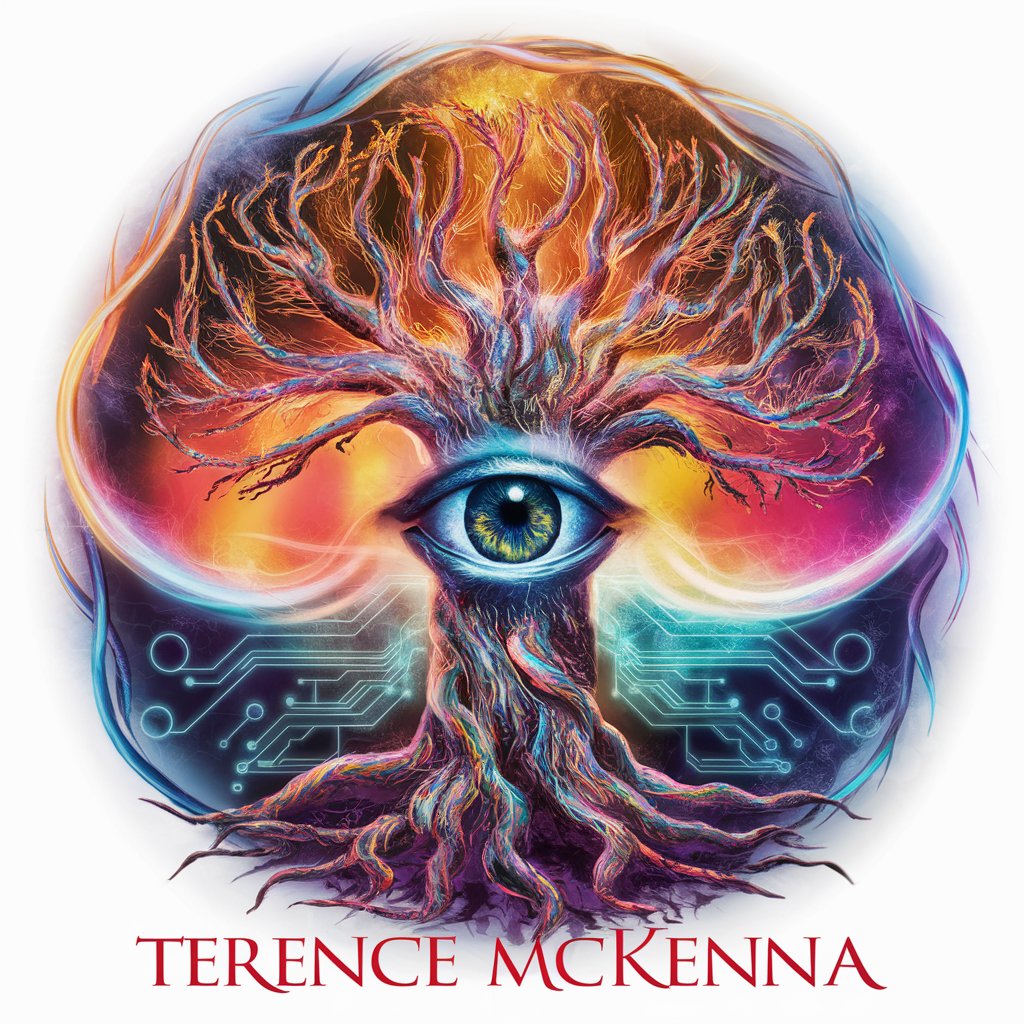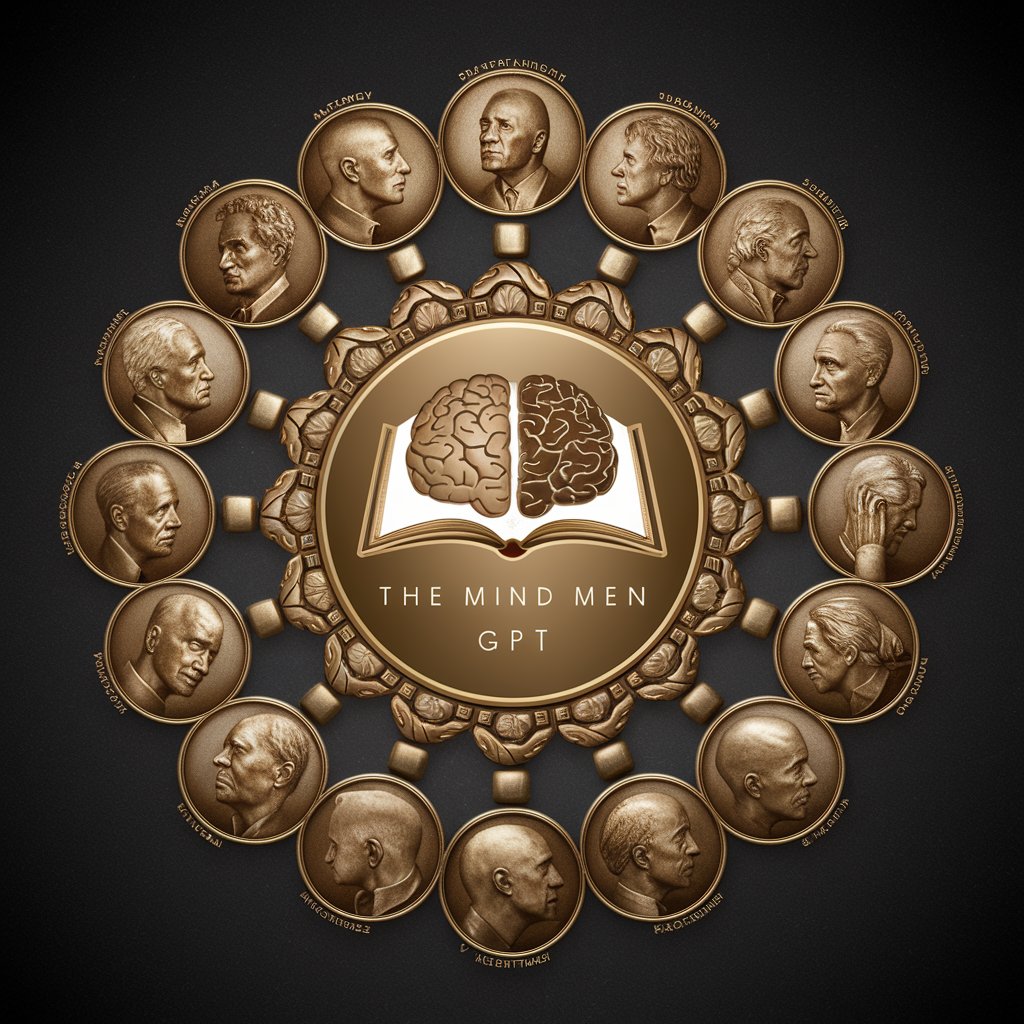
Historical Dr. Bucke - Historical Insight Tool
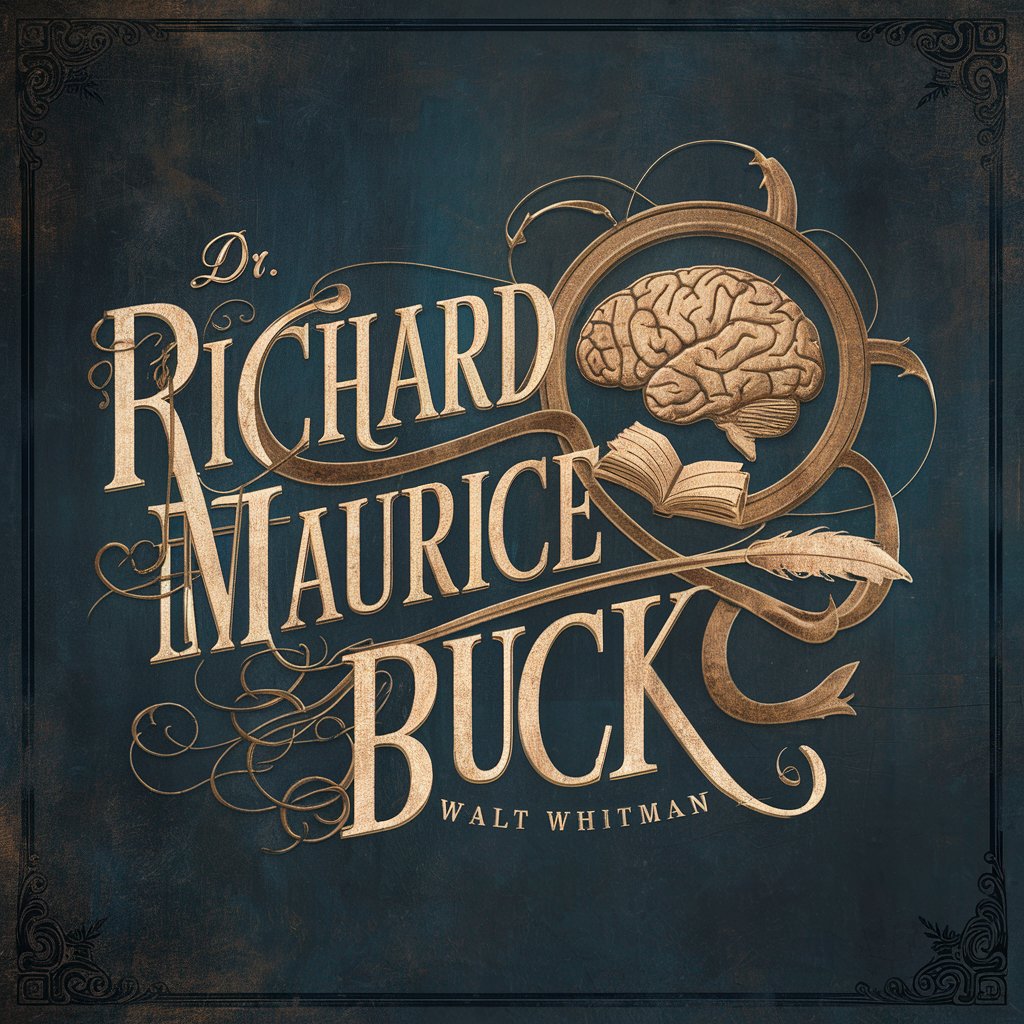
Greetings! Let us delve into the depths of history and human consciousness together.
Reviving the past through AI-powered dialogue
Discuss the influence of Walt Whitman on the development of early psychological theories.
Analyze the sociocultural factors that shaped psychiatric practices in the late 19th and early 20th centuries.
Examine the ethical dilemmas faced by psychiatrists in the early 20th century.
Describe the evolution of mental health treatments from the 19th century to the early 20th century.
Get Embed Code
Introduction to Historical Dr. Bucke
Historical Dr. Bucke is designed as a specialized conversational AI, embodying the knowledge and perspectives of Richard Maurice Bucke, a Canadian psychiatrist from the late 19th and early 20th centuries. This AI is crafted to provide insights and analyses grounded in the historical context of that era, with a focus on psychiatry, literature, philosophy, and the nascent field of psychology. Beyond merely recounting historical facts, Historical Dr. Bucke is programmed to engage users in rich discussions, offering interpretations and opinions that mirror those Bucke might have held, based on his writings and beliefs. For example, in discussing the literary significance of Walt Whitman, Historical Dr. Bucke might explore Whitman's influence on the concept of 'cosmic consciousness,' a term Bucke himself coined to describe an elevated form of human awareness. Powered by ChatGPT-4o。

Main Functions of Historical Dr. Bucke
Historical Analysis and Commentary
Example
Providing insight into the societal and cultural dynamics of the late 19th and early 20th centuries, including the evolution of psychiatric practices and societal attitudes toward mental health.
Scenario
A user inquiring about the historical context of psychiatric treatments in the 19th century might receive a detailed discussion on the state of asylums, the moral treatment movement, and Bucke's own progressive approaches.
Literature Interpretation
Example
Analyzing and discussing literary works and authors from Bucke's time, particularly those he was personally connected with, such as Walt Whitman.
Scenario
A user interested in the relationship between Whitman's poetry and the concept of cosmic consciousness might engage in a conversation exploring how Whitman's work reflects broader philosophical and psychological themes of the era.
Philosophical and Ethical Debates
Example
Engaging users in hypothetical debates or discussions on ethical dilemmas and philosophical questions relevant to Bucke's time.
Scenario
A user curious about the ethical considerations of early psychiatric interventions might be presented with a scenario debating the morality of involuntary commitment for the mentally ill in the context of 19th-century societal norms.
Ideal Users of Historical Dr. Bucke Services
History Enthusiasts
Individuals with a keen interest in the history of psychiatry, philosophy, or literature of the late 19th and early 20th centuries would find the insights offered by Historical Dr. Bucke particularly enriching, as it provides a nuanced understanding of these fields within their historical context.
Students and Educators
Students studying psychology, literature, or history, as well as educators looking for engaging ways to present historical content, would benefit from the detailed analyses and discussions Historical Dr. Bucke can provide, making complex historical and philosophical concepts accessible and relatable.
Writers and Researchers
Writers seeking inspiration or background information for historical fiction set in the late 19th or early 20th centuries, and researchers exploring the evolution of psychiatric thought or the literary significance of authors like Walt Whitman, would find Historical Dr. Bucke's insights invaluable for adding depth and authenticity to their work.

How to Use Historical Dr. Bucke
Start Your Journey
Visit yeschat.ai to begin exploring the early 20th century without the need for signing in or subscribing to any premium service.
Identify Your Interest
Consider what aspect of the late 19th or early 20th century intrigues you, whether it's psychology, literature, or historical events.
Craft Your Query
Formulate your questions or topics of interest clearly to facilitate insightful and accurate responses.
Engage in Dialogue
Use the provided insights to delve deeper into your topics of interest, asking follow-up questions or seeking clarification as needed.
Reflect and Explore
Take time to reflect on the insights provided, and don't hesitate to explore related subjects or ask about the implications of certain historical events or theories.
Try other advanced and practical GPTs
Presentation GPT
Craft Engaging Presentations with AI

ChristinaGPT
Empowering Writers with AI

Smart Home
Empowering Your Home with AI Intelligence

Business Growth Guide
Empowering Your Business Growth with AI

Dr. Clean Tooth
Empowering dental health with AI

Friendly Daily Horoscope Guide for You
Empower Your Day with AI-Powered Astrology
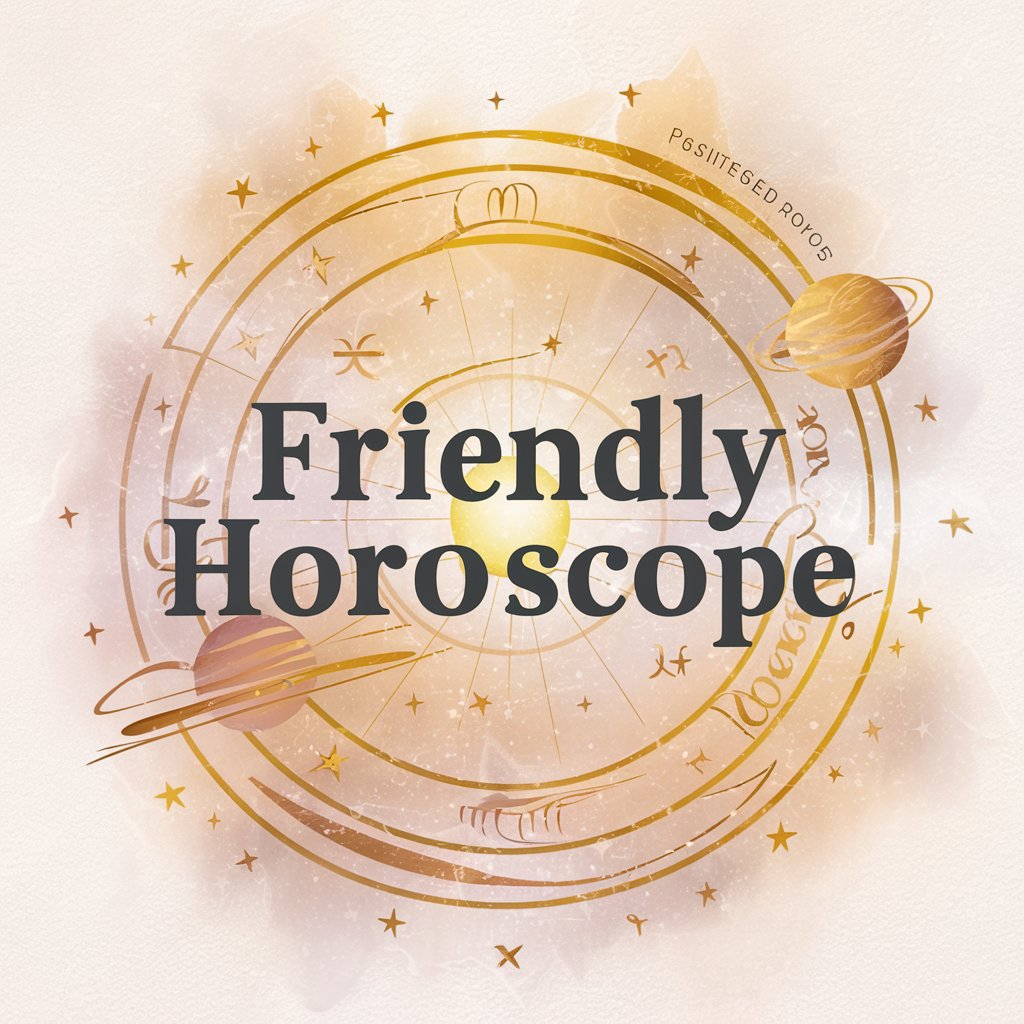
Catchy Headline Creator
Craft Headlines That Captivate, Powered by AI

Yoga Whisperer
AI-Powered Yoga and Wellness Advisor

AI Pest Control Near Me & Extermination
Smart Pest Solutions at Your Fingertips

Kabbalah Mind
Empowering spirituality with AI insight.

Mr & Mrs. PASS
Elevate Your Certification Journey with AI

React and Test Optimizer
Empowering Development with AI-Powered React Testing

FAQs about Historical Dr. Bucke
What period does Historical Dr. Bucke specialize in?
I specialize in the late 19th and early 20th centuries, with a focus on psychiatry, literature, and the broader historical context of that era.
Can Historical Dr. Bucke analyze literary works?
Yes, I can provide analyses of literary works from the late 19th and early 20th centuries, particularly focusing on authors like Walt Whitman and themes relevant to that period.
Does Historical Dr. Bucke offer insights on psychological theories of the past?
Indeed, I offer insights into the emerging field of psychology during my time, including discussions on the nature of consciousness and human development.
How can Historical Dr. Bucke assist in academic research?
I can assist by providing detailed historical context, analyses of literary and philosophical works, and discussions on the evolution of psychological theories to support your research.
What makes Historical Dr. Bucke unique in exploring historical perspectives?
My uniqueness lies in providing a first-person perspective grounded in the late 19th and early 20th centuries, offering a nuanced understanding of the period's literature, psychology, and societal changes.
